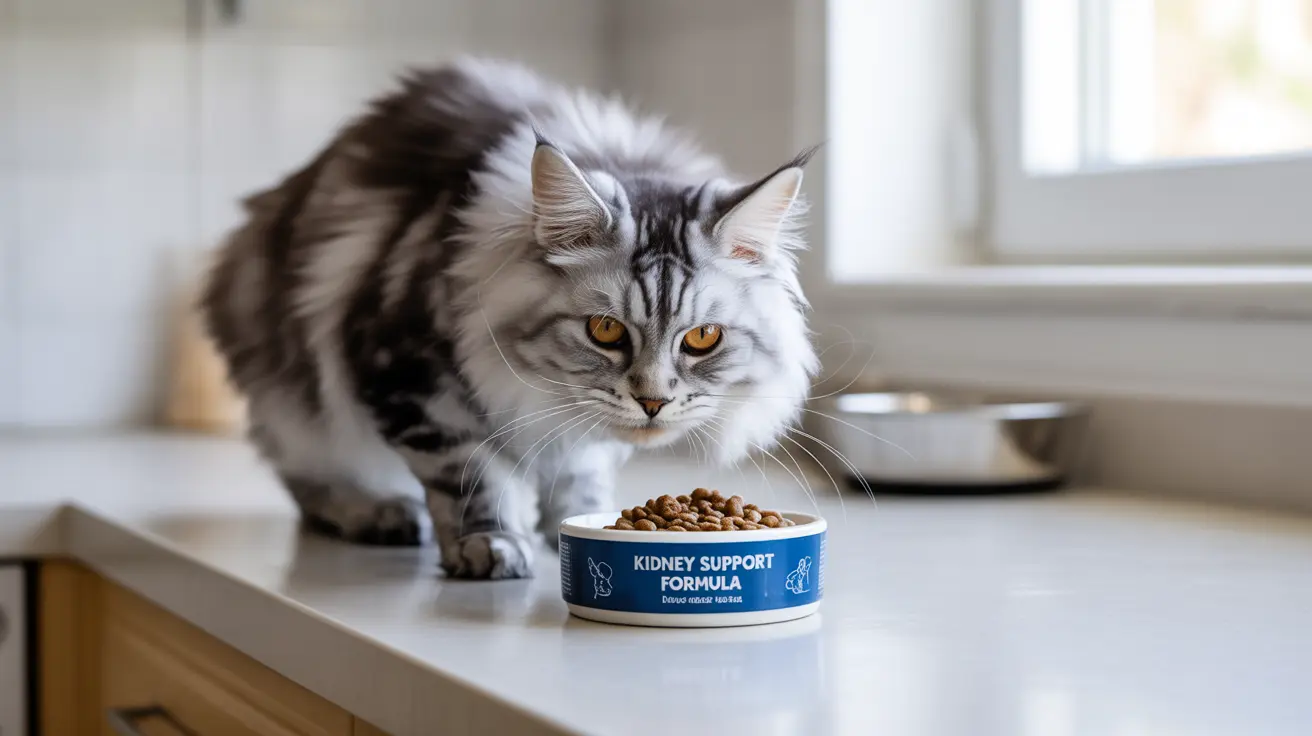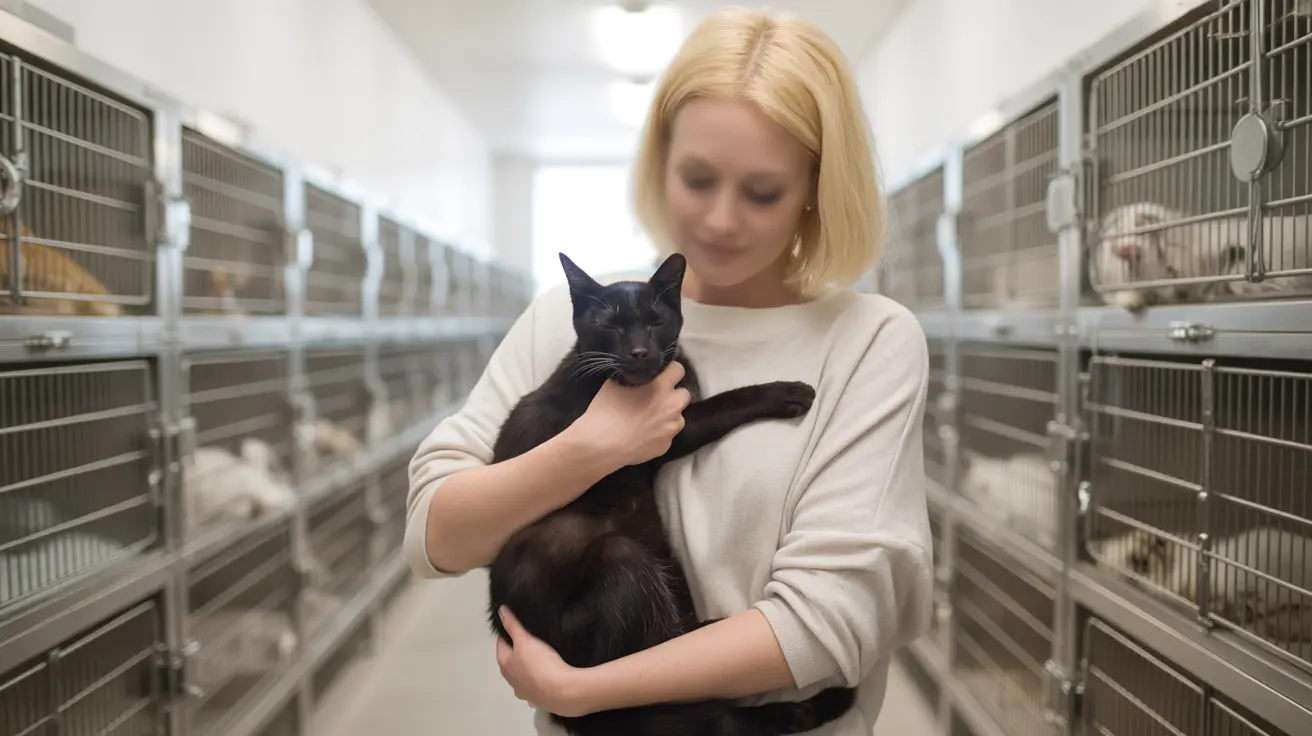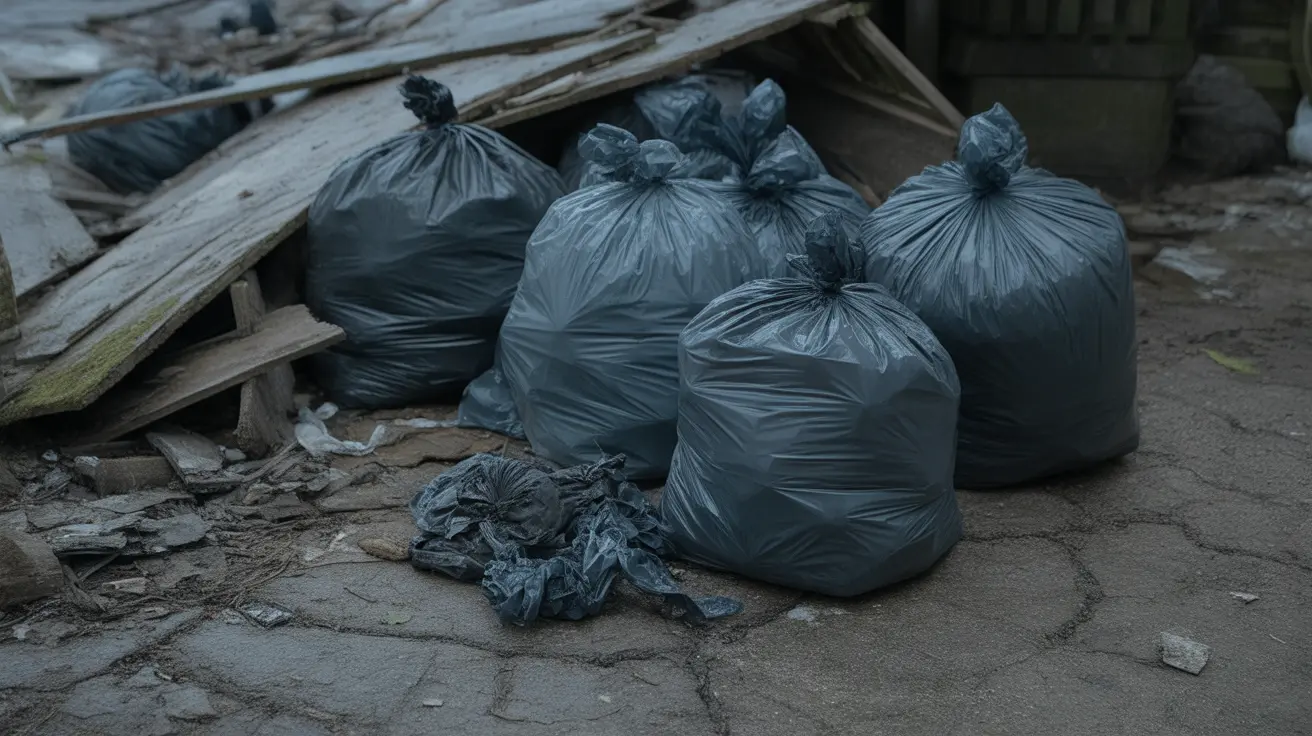When your feline friend is diagnosed with chronic kidney disease (CKD), implementing the right kidney diet for cats becomes crucial for managing their condition and maintaining their quality of life. A properly formulated kidney diet can significantly slow disease progression and help your cat feel better for longer.
Understanding the specific nutritional needs of cats with kidney disease is essential for providing optimal care. Let's explore the key components of a kidney diet and how it helps support your cat's health.
Understanding the Importance of Specialized Kidney Diets
A kidney diet for cats is specifically formulated to reduce the workload on failing kidneys while providing essential nutrients. These specialized diets feature carefully balanced protein levels, restricted phosphorus content, and modified levels of other vital nutrients that help manage CKD symptoms and slow disease progression.
Key Components of an Effective Kidney Diet
Protein Management
While protein is essential for cats, those with kidney disease need carefully controlled amounts from high-quality sources. The ideal kidney diet contains moderate protein levels that help maintain muscle mass while minimizing the production of nitrogenous waste products that stressed kidneys must filter.
Phosphorus Restriction
One of the most critical aspects of a kidney diet for cats is phosphorus restriction. Lower phosphorus levels help reduce kidney workload and slow the progression of CKD. Most therapeutic kidney diets contain between 0.8-1.35g of phosphorus per 1000 calories.
Essential Nutrients and Supplements
Quality kidney diets include increased levels of:
- B-vitamins to replace those lost through increased urination
- Omega-3 fatty acids for their anti-inflammatory properties
- Potassium to prevent deficiency
- Antioxidants to support overall health
Choosing the Right Kidney Diet Format
Kidney diets come in various formats to suit different cats' preferences:
- Wet food (recommended for increased moisture intake)
- Dry food (for cats who prefer kibble)
- Prescription veterinary diets
- Therapeutic whole-food options
Implementation and Monitoring
Successfully transitioning to a kidney diet requires patience and careful monitoring. Work closely with your veterinarian to track your cat's response to the new diet through regular blood work and weight checks. Make adjustments as needed based on your cat's individual needs and disease progression.
Frequently Asked Questions
How does a kidney diet for cats help manage chronic kidney disease (CKD)?
A kidney diet helps manage CKD by reducing phosphorus and moderating protein levels to decrease kidney workload. These diets also include increased moisture content and essential nutrients that support kidney function and overall health.
What are the key nutritional differences between a regular cat diet and a kidney diet for cats?
Kidney diets contain lower phosphorus levels, controlled protein amounts, reduced sodium, increased omega-3 fatty acids, and added B-vitamins compared to regular cat food. They're also typically higher in moisture content and calories from non-protein sources.
How can I transition my cat to a kidney diet without causing digestive upset?
Gradually introduce the new kidney diet over 7-10 days by mixing increasing amounts with their current food. Start with 25% new food and 75% old food, slowly adjusting the ratio until reaching 100% new food.
What are the benefits of using a prescription kidney diet for cats versus over-the-counter options?
Prescription kidney diets are specifically formulated with precise nutrient levels backed by clinical research. They provide the exact balance of nutrients needed to manage CKD, which standard over-the-counter foods cannot offer.
How do I know if my cat needs a kidney diet, and what signs should I look for to determine if the diet is effective?
Your veterinarian will recommend a kidney diet based on blood work and clinical signs. Positive responses include improved appetite, maintained weight, reduced vomiting, and stable or improved kidney values on blood tests.
Remember that every cat with CKD is unique, and working closely with your veterinarian to find the right kidney diet and management plan is essential for optimal results.






